By simply reading this page, you may be inadvertently sharing some info with faceless companies (other than Medium.com). What gives?
A quick look at some of the gremlins that show up as being blocked in my browser confirms it: DataDogHQ, Optimizely, Parse.ly and Google Analytics are just a few of the data aggregation tools used by this blog platform — Medium.com — to compile analytics on … well… you.
Is that a problem? Let’s ask one of the largest data aggregators:
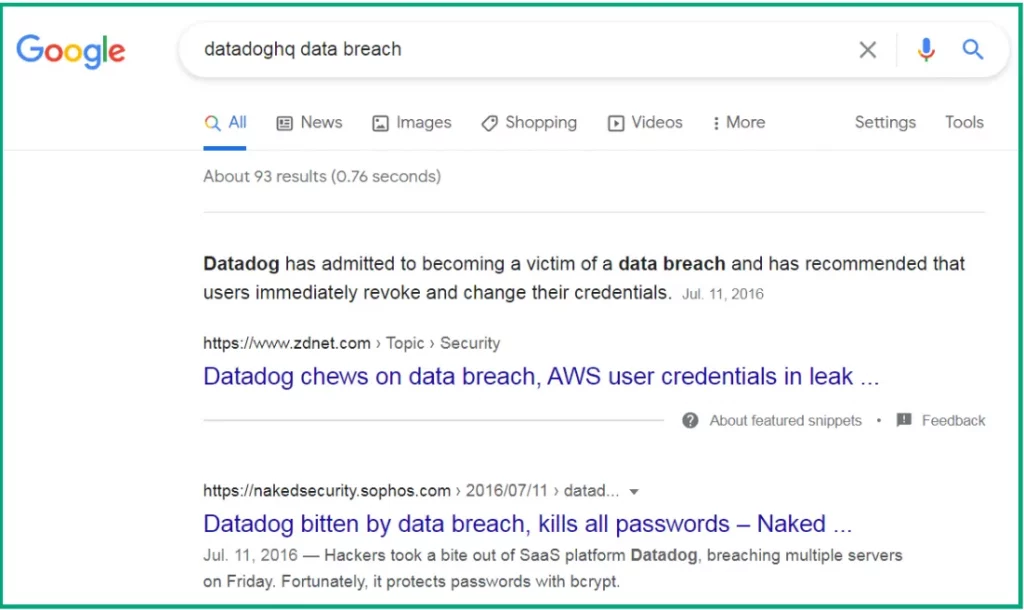
Are these mechanisms inherently bad, or is it just irritating that they’re not politely asking for permission to profile you?
That’s up to you to decide, but the information is out there, if you care to look for it.
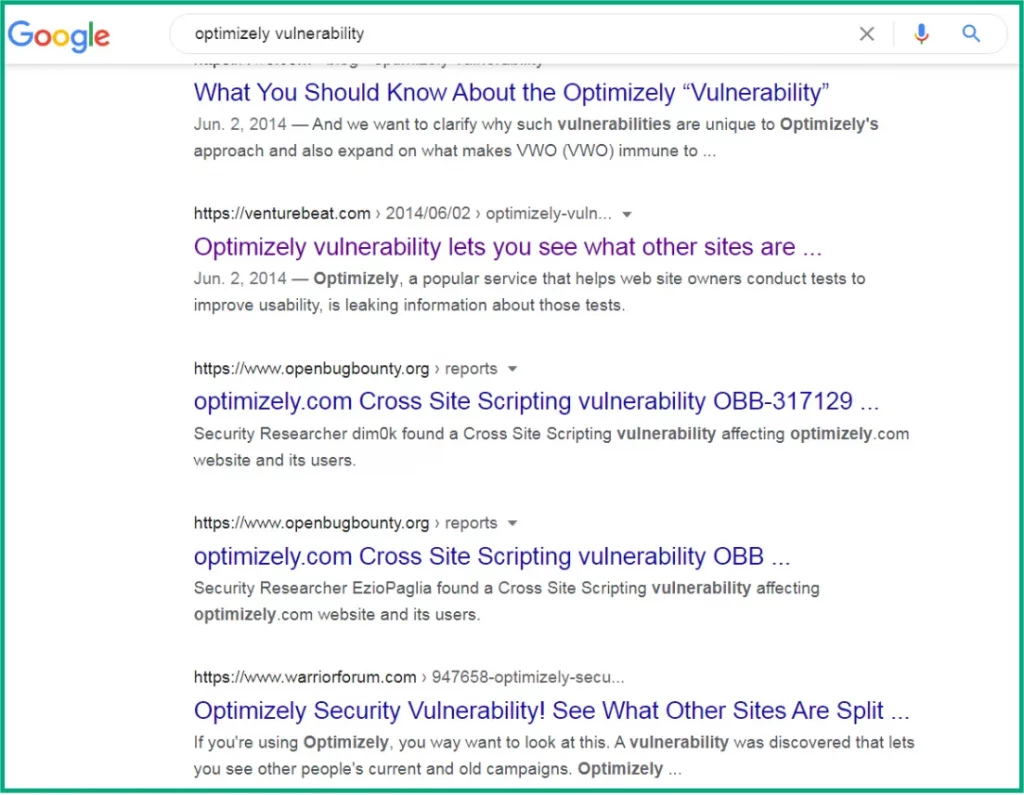
Should you care about old reports of breaches and vulnerabilities? What’s the chance their practices are sloppy and negligent today?
To be fair, companies learn a lot from past mistakes and public embarrassment, so we can presume that they’re at least more aware of the importance of security and privacy now that they’ve been through it.
And yet, there’s something sketchy about companies that collect data about us without asking. Somewhere, there’s a growing file that’s all about us, and it’s increasing the value of their company.
So until business models that depend on silent consent grabs are fixed, I have no chance but to recommend blocking these pesky surveillance mechanisms.
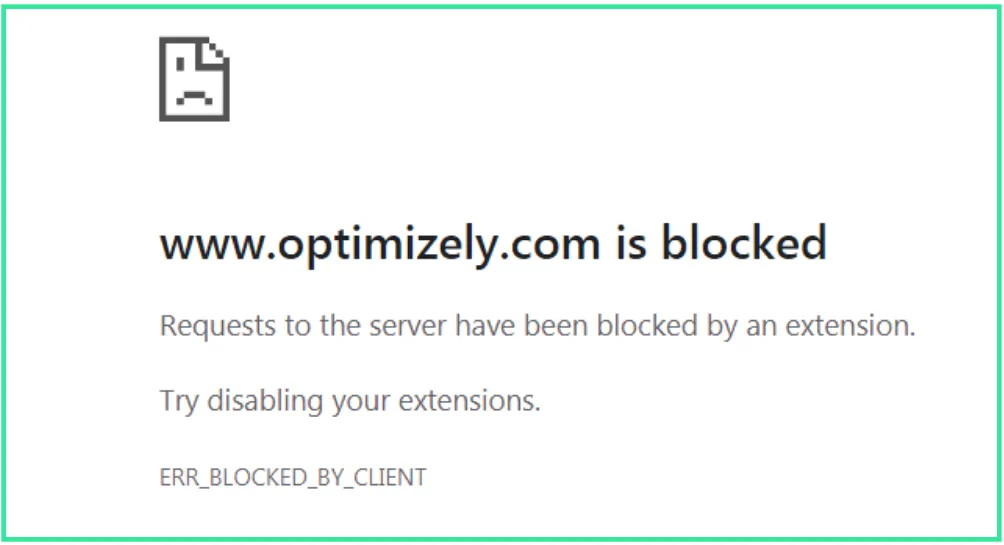
Without a second thought.
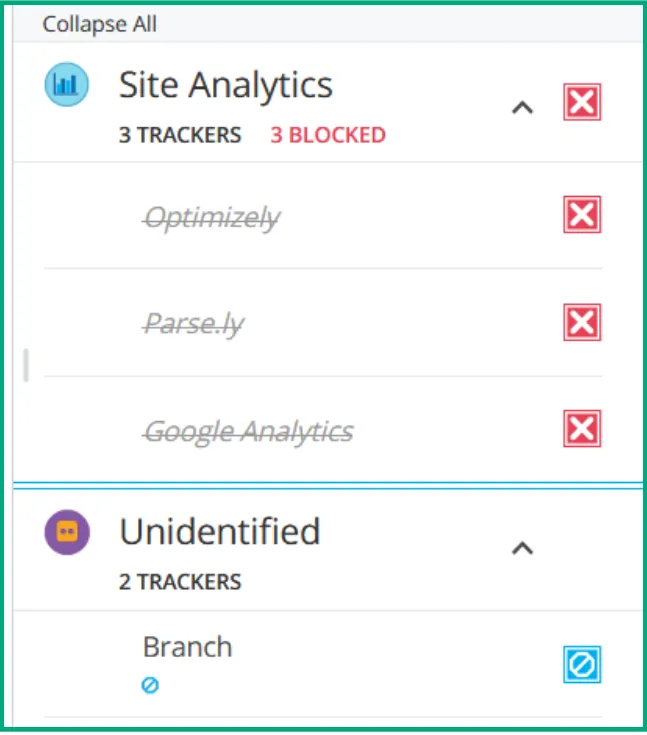
If you read my previous blog, you’ll have an idea of the tools to use in the quest for control over your own tracking.
Besides, even allowing for the likelihood that these organizations come to us with the best of intentions, I’m sure will agree that hidden page elements with names like “intake-logs” have both ominous and creepy overtones.
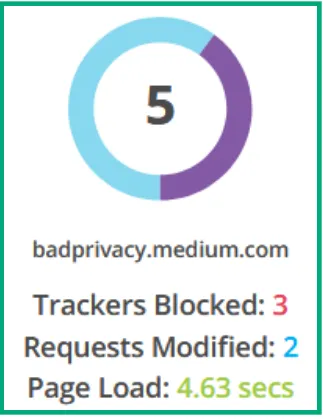
As an added bonus, blocking privacy-invasive user tracking comes with the benefit of faster load times and cleaner pages.
What’s not to like!

